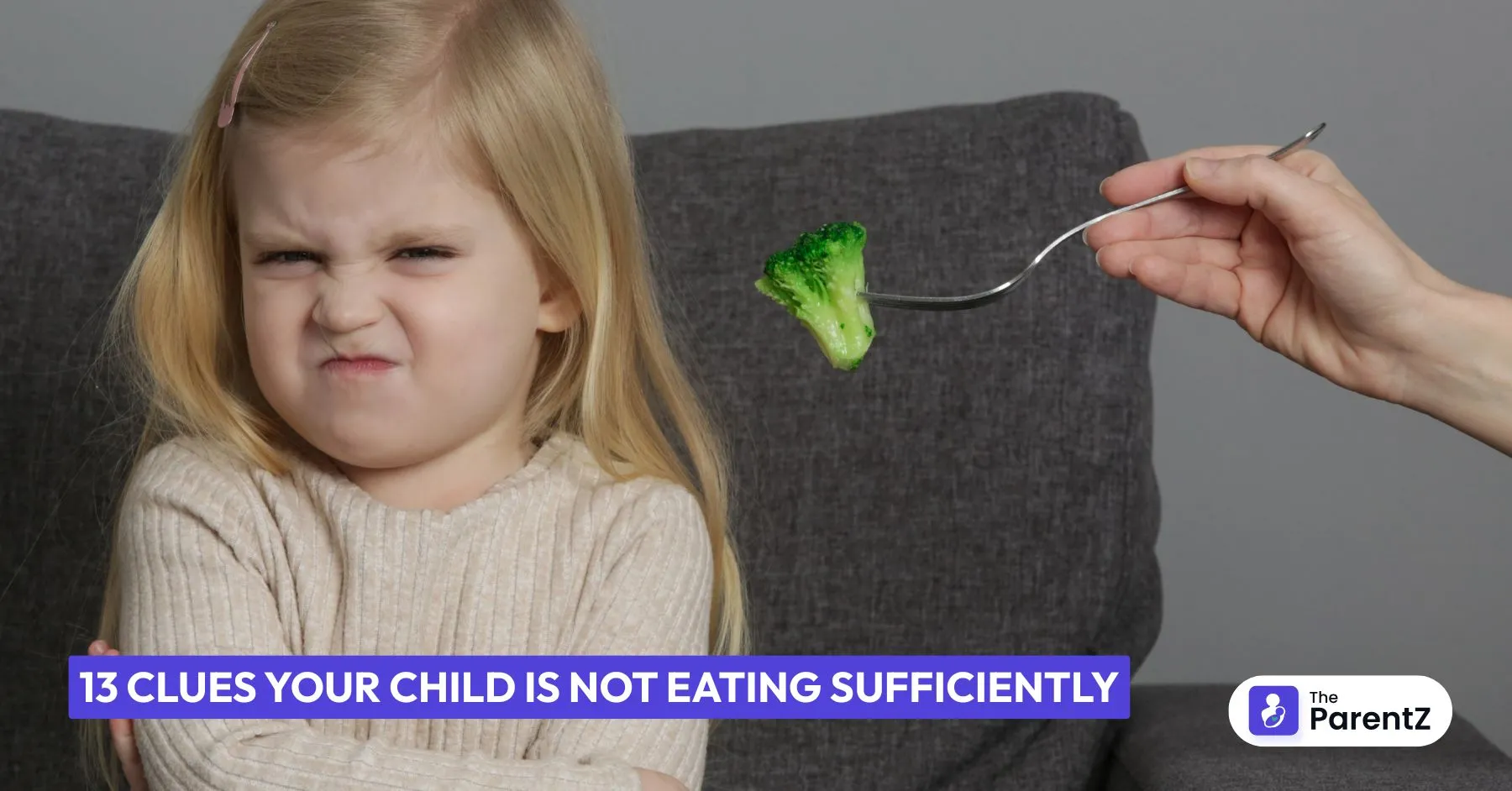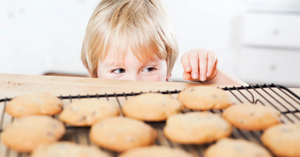As parents, we've all experienced those moments of worry, watching our children push food around their plates or refuse to eat what we've prepared. "Is this just a phase?" we wonder. "Are they getting enough nutrition to grow properly?" These questions can keep us up at night.
The truth is, there's a significant difference between typical picky eating and genuine nutritional concerns. While most children go through selective eating phases, ongoing insufficient nutrition can affect their growth, development, and overall health.
Research and discussions suggest that spotting the early warning signs is important. By understanding these signs, we become better equipped to know when to make simple adjustments at home and when it might be time to consult a healthcare provider.
Physical Signs
1. Weight Loss or Lack of Weight Gain
If your child isn't following their expected growth curve, it could be a red flag. Kids should generally gain weight as they grow, even if slowly. During regular check-ups, your pediatrician tracks their growth on charts that show typical patterns. If your child drops percentiles or plateaus unexpectedly, it's worth investigating.
2. Constant Fatigue
Does your normally energetic child seem tired all the time? Our bodies need fuel to function, just like cars need gas. Without enough calories, children can't maintain their usual energy levels. If your little one is dragging through the day when they used to bounce off walls, their fuel tank might be running low.
3. Frequent Illness
When children don't get enough nutrients, their immune systems can't work properly. This means they might catch every cold that comes around and take longer to recover. Nutrients like vitamin C, zinc, and protein all play important roles in fighting off germs.
4. Dry Skin and Brittle Hair
Healthy fats, proteins, and vitamins A and E contribute to skin and hair health. Without them, you might notice your child's skin becoming dry or flaky and their hair looking dull or breaking easily. These aren't just cosmetic issues—they reflect what's happening inside the body.
5. Delayed Development
Children need proper nutrition to develop both physically and mentally. Inadequate intake can slow growth, delay puberty, or affect cognitive development. This doesn't happen overnight, but consistent undernourishment over time can have significant effects.
Behavioral Signs
6. Poor Concentration
Just like adults, kids can't focus well when they're hungry. The brain needs glucose to function optimally. If your child seems unusually distracted at school or while doing homework, think about when and what they last ate.
7. Irritability and Mood Swings
We've all heard of being "hangry" (hungry + angry). Children may not recognize hunger as the cause of their mood changes, but you might notice a pattern of crankiness before meals or improved mood after eating. Blood sugar ups and downs can dramatically affect how we feel.
8. Decreased Physical Activity
Children naturally want to run, play, and explore. If your typically active child starts sitting out games or asking to be carried more often, their body might not have enough energy reserves. Notice if they seem to "run out of steam" more quickly than before.
9. Disrupted Sleep
While it might seem counterintuitive, undernourished children often sleep poorly. Sometimes, they wake from hunger, or their bodies aren't able to regulate sleep cycles properly due to nutritional deficiencies. Quality sleep requires proper nutrition.
Eating Behaviors
10. Extremely Picky Eating That Persists
Many children go through picky phases, but extreme selectivity that limits their diet to just a handful of foods over months or years can lead to nutritional gaps. When children eliminate entire food groups (like vegetables or proteins), they miss essential nutrients.
11. Complaining of Stomach Pain
Children experiencing chronic hunger may complain of stomach pain. Their bodies produce stomach acid in anticipation of food, which can cause discomfort when food doesn't arrive. If your child frequently mentions tummy troubles, especially around mealtimes, pay attention.
12. Hiding or Throwing Away Food
Sometimes, children develop complicated relationships with food. If you discover lunch boxes returning full or food hidden in napkins or pockets, there might be underlying issues worth exploring. This could indicate anxiety around eating or other concerns.
13. Always Feeling Cold
Our bodies burn calories to maintain our temperature. Without enough "fuel," children might feel cold even in warm environments. If your child is always asking for extra blankets or wearing sweaters when others are comfortable, insufficient calorie intake could be a factor.
What to Do If You Notice These Signs?
First, don't panic. Many of these signs could have other causes. Start by keeping a food diary for a week to get a clear picture of what your child actually eats (not just what's served). Then talk with your pediatrician, who might recommend:
- Gradual introduction of new foods in non-pressured ways
- Consistent meal and snack schedules
- Including your child in food shopping and preparation
- Setting a good example with your own eating habits
- In some cases, working with a pediatric nutritionist
Remember, forcing food often backfires.
Conclusion
Recognizing the signs that your child isn’t eating enough is crucial for their health and well-being. The earlier you address the issue, the better the outcome will be for their growth and development.








Be the first one to comment on this story.